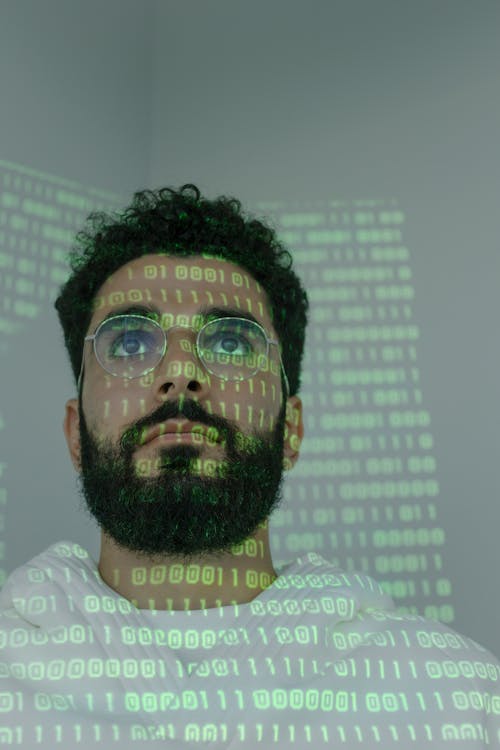The Rise of Artificial Intelligence: How AI is Reshaping Our Daily Lives
Introduction: Artificial Intelligence (AI) has rapidly evolved from a science-fiction trope into a fundamental technology woven into the fabric of our modern world. Far from being just about robots, AI is the engine behind many of the services we use every day, from navigating our cities to discovering new music. It's a silent partner that personalizes our experiences and automates complex tasks, making life more efficient and connected.
Ads by Eonads Ads by Eonads1. What Exactly is Artificial Intelligence?
At its core, Artificial Intelligence is a broad field of computer science dedicated to creating smart machines capable of performing tasks that typically require human intelligence. This includes learning from experience, understanding human language, recognizing objects, and solving problems. Key subfields like Machine Learning and Deep Learning allow these systems to improve automatically by analyzing vast amounts of data without being explicitly programmed for every scenario.
2. Key Technologies Driving the AI Revolution
A. Natural Language Processing (NLP): This is the technology that allows machines to understand, interpret, and generate human language. It powers everything from virtual assistants like Siri and Alexa to real-time translation services and spam filters in our email.
B. Computer Vision: This field gives machines the ability to "see" and interpret visual information from the world, such as images and videos. It’s the magic behind facial recognition on your phone, self-driving car navigation, and automated quality control in factories.
3. AI in Our Daily Routines
A. Personalized Recommendations: Streaming services like Netflix, YouTube, and Spotify use powerful AI algorithms to analyze your viewing and listening habits. They then recommend new content that you are highly likely to enjoy, creating a deeply personalized entertainment experience.
4. The Transformation of Industries
A. Healthcare: AI is revolutionizing medicine by helping doctors analyze medical images like X-rays and MRIs to detect diseases earlier and with greater accuracy. It's also accelerating the discovery of new drugs by modeling complex biological interactions.
Ads by EonadsB. Finance and Banking: Banks use AI to detect fraudulent transactions in real-time, protecting customers from theft. Algorithmic trading and AI-powered "robo-advisors" are also changing how financial markets operate and how people invest.
5. The Future: Generative AI and Beyond
The latest wave of AI, known as Generative AI, has captured the world's attention. Tools like ChatGPT and DALL-E can create entirely new text, images, and code from simple prompts. This technology is unlocking new frontiers in creative work, software development, and scientific research, representing a massive leap forward in machine capability.
6. Final Thoughts on Challenges and Ethics
As AI becomes more powerful, it also presents significant challenges. Issues like data privacy, algorithmic bias, and the potential for job displacement must be addressed responsibly. The future of AI depends not only on technological advancement but also on our ability to build ethical guidelines and ensure that these powerful tools are used for the benefit of all humanity.




